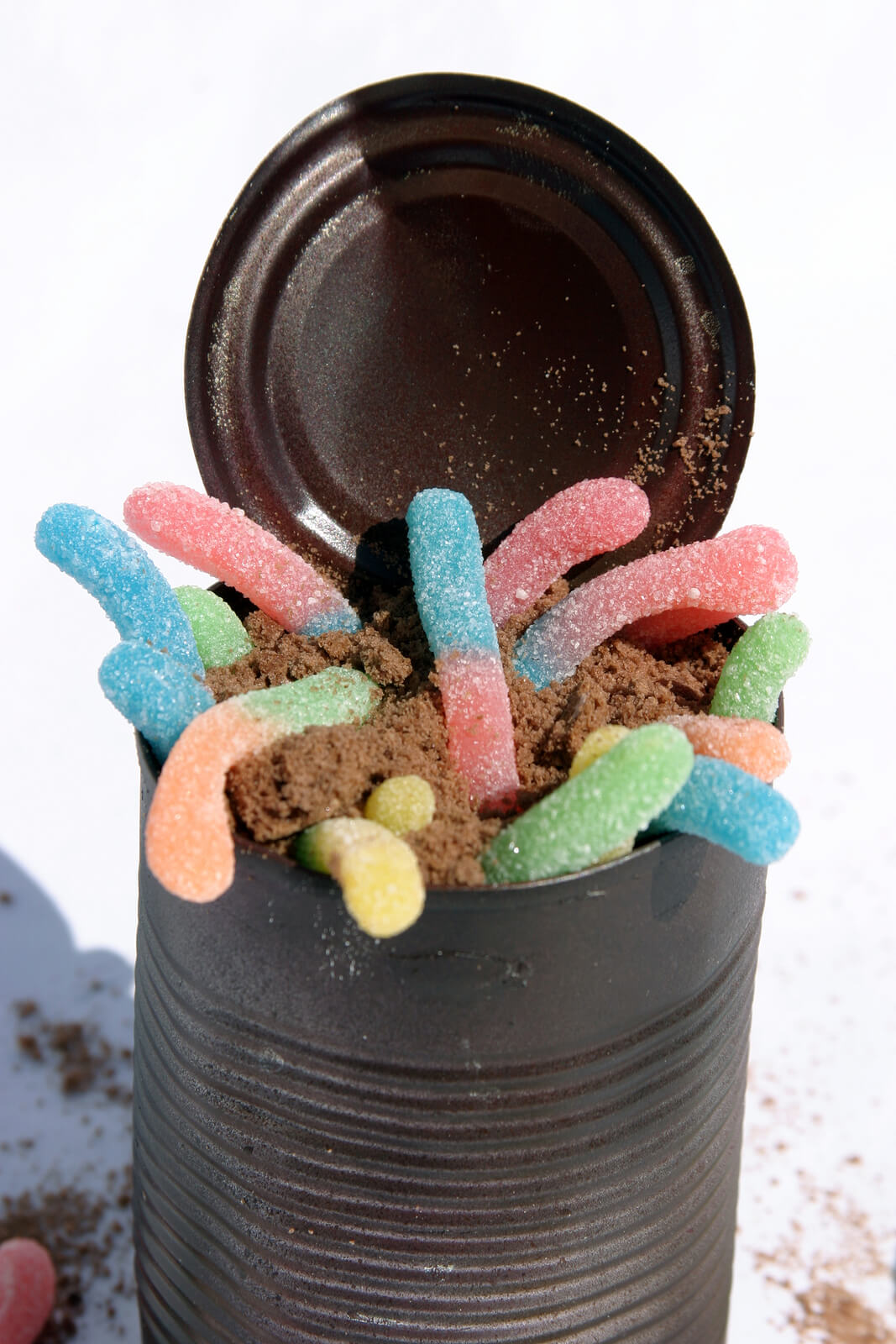You’ve probably heard this story. Employee meets Company. Employee accepts job offer. The first day at the office, Employee casually signs a non-compete somewhere between the Office Dress Code and the Internet Usage Policy. Employee later feels she doesn’t get enough recognition, autonomy, or money (although it is usually not the money), or maybe she just can’t stand her boss. Employee leaves Company to work for Competitor, taking key customers with her. Company sues Employee for damages for breach of non-compete. Company also wants to sue Competitor, a deeper pocket, but of course Competitor didn’t sign the non-compete.
Enter Tortious Interference with Contract, the younger, hipper cousin of Breach of Contract. Company can sue Competitor for tortious interference on the theory that Competitor caused Employee to breach the non-compete. If Employee is competing with Company while working for Competitor, it is usually pretty easy to prove the breach and not a big stretch to argue that Competitor induced the breach.
So how does Competitor defend against the tortious interference claim, and what is the likely result? The answer has several steps, addressed below. Spoiler alert: most of the time it will come down to a jury deciding whether Competitor acted in “good faith,” which may effectively mean deciding who the jury likes better, Company or Competitor.
Under Texas law, “justification” is a defense to a claim for damages for tortious interference. In a non-compete case, Competitor can prove justification by showing either (1) the non-compete is legally unenforceable, or (2) Competitor had a good faith belief—even if mistaken—that the non-compete was legally unenforceable.[1]
I addressed issue 1 in What a Litigator Looks For in the Typical Texas Non-Compete. Unenforceability is the same defense that Employee would raise on the breach of contract claim. If the judge rules that the non-compete is unenforceable as written, then there can be no liability for tortious interference with the non-compete.[2]
The second defense is different. To prove this “good faith” defense, Competitor must first persuade the judge that it had a “colorable” legal right to interfere with the non-compete.[3] This means arguing there was a reasonable, plausible, or at least non-frivolous basis for Competitor to believe that the non-compete was legally unenforceable. Colorable means something more serious than an argument Donald Trump would make.
Usually Competitor will argue that it reasonably believed that Company did not actually provide confidential information to Employee, that the non-compete is unreasonably broad, or both. Remember, the argument does not have to be correct—otherwise there would be no point to having the second defense. It just has to be “colorable.”
If Competitor can clear the “colorable” hurdle, then it will be up to the jury to answer this question: “did Competitor have a good-faith belief that Employee’s non-compete was unenforceable?”[4]
What a can of worms this opens! Not only must the jury determine what Competitor believed (as opposed to what it did), the jury must determine what Competitor believed about a legal issue. Here are just a few of the thorny issues raised:
- How will jury members know whether Competitor’s view of the enforceability of the non-compete was reasonable?
- Will there be a battle of experts on what is required for a non-compete to be enforceable under Texas law and why Competitor’s belief was or was not reasonable?
- What does “good faith” mean here? Is it a subjective standard, essentially a question of Competitor’s sincerity in believing the non-compete unenforceable? Or is it an objective standard, a question of whether the alleged belief was reasonable? Or a combination? (The comment to the Pattern Jury Charge notes that the Texas Supreme Court has not defined “good faith” in this context.)
- What if Competitor relied on a legal opinion from its lawyer that the non-compete was unenforceable? Is that fact admissible as evidence of good faith? If Competitor offers this evidence does it waive attorney-client privilege?
- What if Competitor offers the legal opinion itself as evidence? Is it inadmissible hearsay? What if Competitor offers the legal opinion not for its truth (which is a legal issue for the judge anyway), but for the limited purpose of showing that Competitor had a good faith—even if mistaken—view that the non-Compete was unenforceable?
- Does it matter whether the facts the lawyer assumed to render the opinion were accurate? Does it matter how competent or experienced the lawyer was in Texas non-compete law?
Considering the Pandora’s Box the “good faith” jury question opens, the judge may instinctively resist submitting the question at all. But as long as Competitor’s argument is colorable, refusal to submit the good faith question to the jury would result in built-in reversible error. And who wants that?
_________________________________________________________________
Zach Wolfe (zach@zachwolfelaw.com) is a Texas trial lawyer who handles non-compete and trade secret litigation at Zach Wolfe Law Firm (zachwolfelaw.com). Thomson Reuters named him a Texas Super Lawyer® for Business Litigation in 2020, 2021, and 2022. In his spare time he lobbies for Microsoft Word to stop auto-correcting to “tortuous” interference.
These are his opinions, not the opinions of his firm or clients, so don’t cite part of this post against him in an actual case. Every case is different, so don’t rely on this post as legal advice for your case.
[1] See Texas Beef Cattle Co. v. Green, 921 S.W.2d 203, 210-11 (Tex. 1996).
[2] Juliette Fowler Homes, Inc. v. Welch Associates, Inc., 793 S.W.2d 660, 665 (Tex. 1990); Lazer Spot, Inc. v. Hiring Partners, Inc., 387 S.W.3d 40, 49-50 (Tex. App.—Texarkana 2012, pet. denied); Zep Mfg. Co. v. Harthcock, 824 S.W.2d 654, 663-64 (Tex. App.—Dallas 1992, no writ).
[3] See Texas Beef Cattle, 921 S.W.2d at 211.
[4] Texas Pattern Jury Charge 106-2. The commentary to PJC 106.2 says it “is derived from Texas Beef Cattle Co., 921 S.W.2d at 211, and Southwestern Bell Telephone Co. v. John Carlo Texas, Inc., 843 S.W.2d 470, 472 (Tex. 1992).”





Comments: